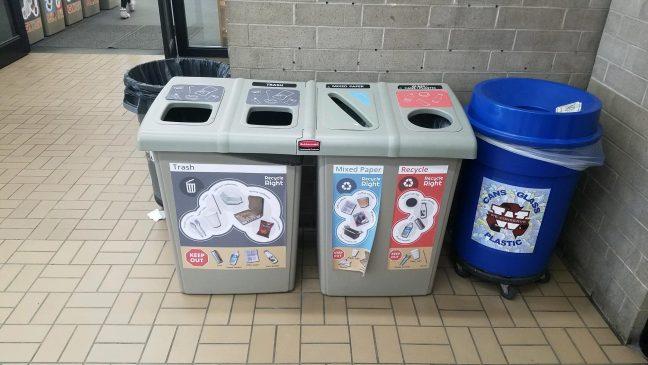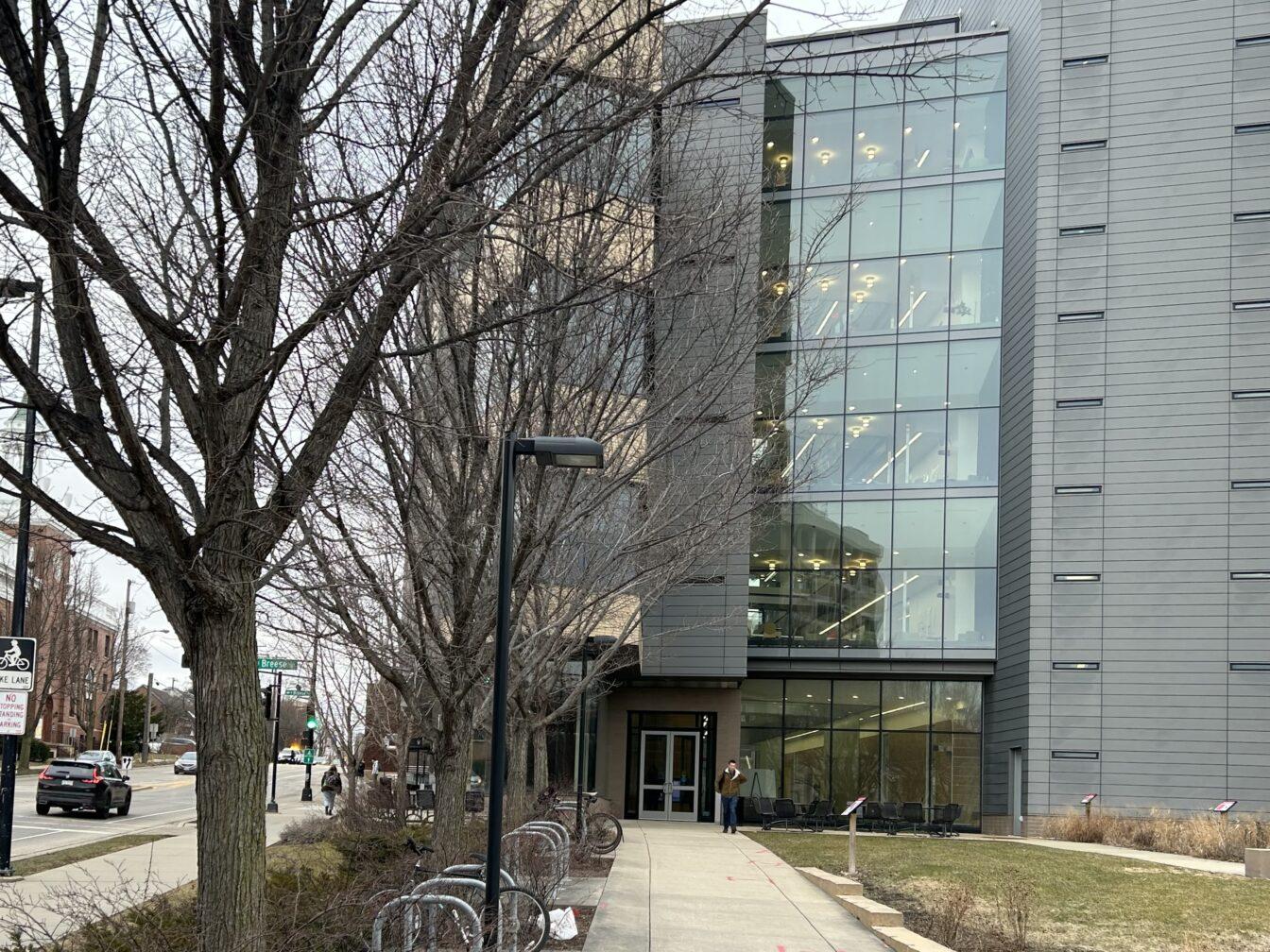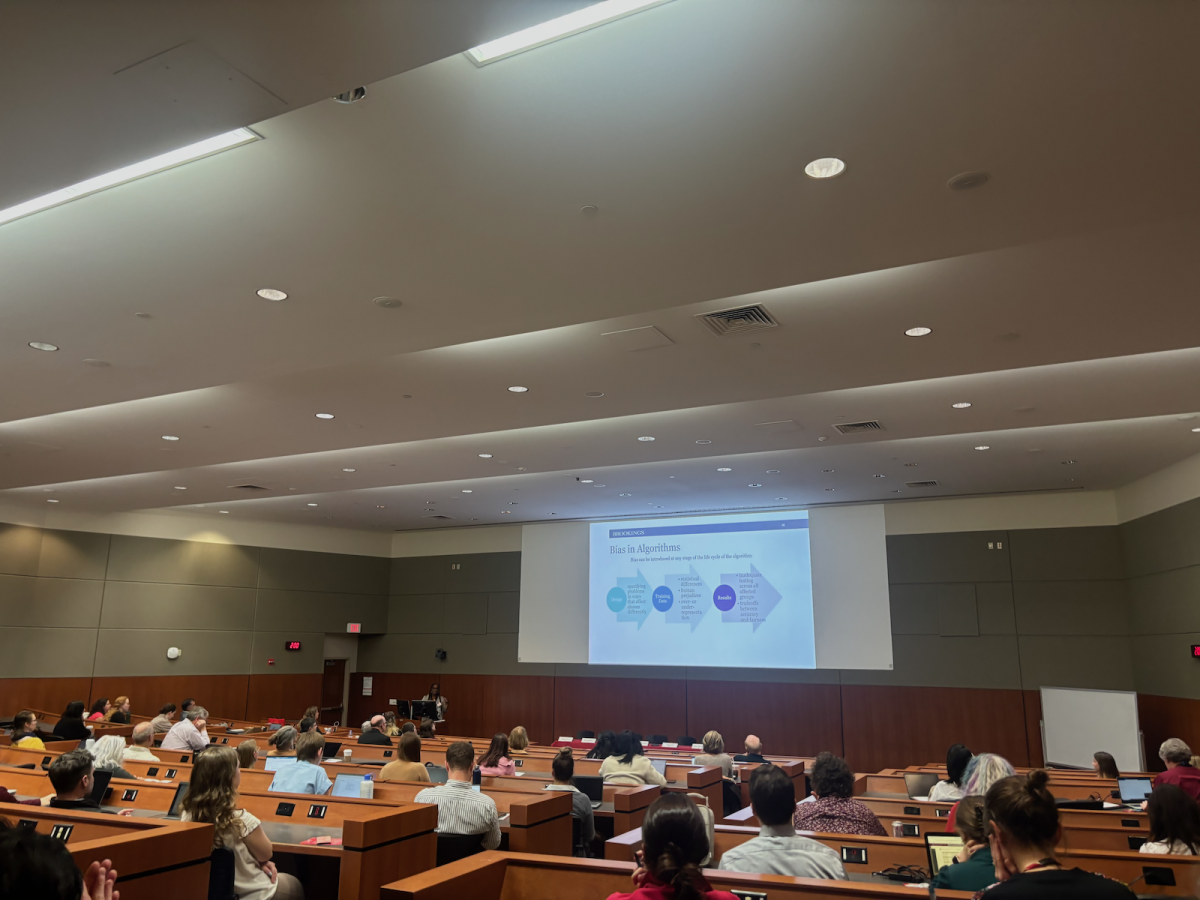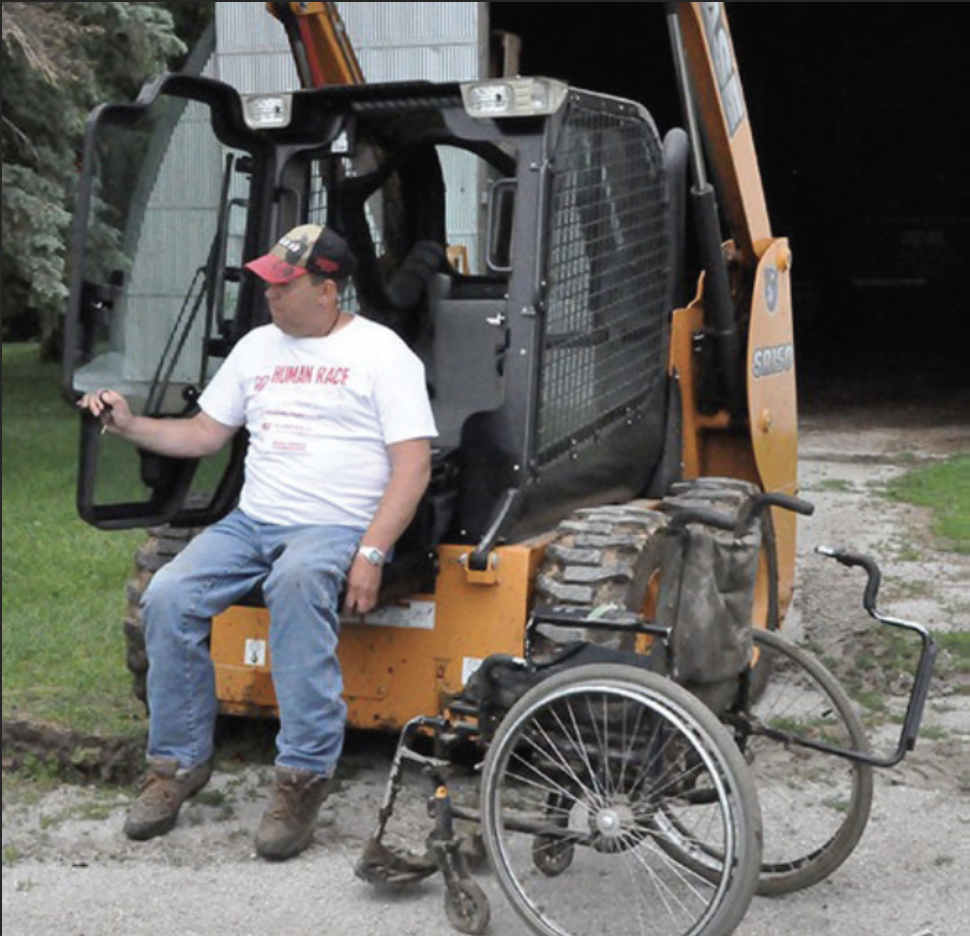Nearly 380 million tons of plastics are produced each year, and scientists estimate that by the year 2050 this number will rise to over 30 billion tons, according to a recent study by University of Wisconsin researchers. Everyone, everywhere uses plastic. As concerns about the environment’s health grow worldwide, so too do the concerns around plastic recycling practices.
Plastic is made in a couple different ways. According to the British Plastics Federation, they can either by ‘synthetic’ or ‘biobased’. Synthetic plastics are made from nonrenewable resources like coal and crude oil. Biobased plastics are made from renewable resources found in everyday life, like starch, fats and vegetable oils.
According to BPF, the most commonly used plastics are synthetic plastics made from fossil fuels. Crude oil is extracted from beneath the surface of the earth or the ocean, and distributed through pipelines that can reach thousands of miles in length.
Sometimes, oil spills from pipelines into the ocean or environment, causing long-lasting consequences to the environment. This is only the first step to creating the final plastic product.
The Lab Report: Video games foster intellectual growth, connect scientists to public
Recently, UW professor of chemical and biological engineering George Huber and postdoctoral researcher Houqian Li collaborated to publish a paper explaining the current state of plastic recycling. The research paper is over 100 pages long and covers the current state of the plastic recycling industry, different approaches to recycling and emerging recycling technologies.
Li is a postdoctoral research associate in the Department of Chemical and Biological Engineering. His research focuses on sustainable catalysis for renewable energy. He worked alongside Huber and several others to write the research paper.
“I helped write this paper to expand my expertise in plastic recycling,” Li said. “I also thought it would be an opportunity for everyone in this area to learn from our research. It’s like a textbook that anyone can use, maybe before they do research or teaching.”
The majority of packaging plastics are used for food products. They protect people from contamination, preserve food, allow for easy transportation and prevent waste.
According to Huber and Li’s paper, nearly 40% of plastic eventually ends up in landfills in developed countries. Developing countries have fewer restrictions on leftover plastics, so it is more likely to end up in the environment.
From Sheldon to Shuri: Changing portrayals of scientists in media
According to the paper, less than 10% of plastics are actually recycled. This is partially due to the varying compositions of different plastic materials. Second, it is costly for manufacturers to sort through different plastic types and clean them for recycling. Third, it is expensive for companies to shift from using plastic products to more advanced recycling options.
According to TWI Global, the most common way to recycle plastics is through Mechanical Recycling. Mechanical Recycling is the process of sorting through recycled goods, cleaning them up and preparing them for re-use.
Another common practice is called pyrolysis. Pyrolysis involves the thermal degradation of plastic waste at different temperatures to produce energy. The end result produces oils, waxes, gasses and char. These materials are used as raw materials to fuel machines and industrial processes.
Though this process seems to be the best solution, it requires virgin plastics to be recycled. Virgin plastics are new plastic materials that have not been processed before.
“Many companies have built up the thermal degradation process in plastic plants to perform pyrolysis,” Li said. “They do this to manufacture plastic resins with virgin properties.”
Wisconsin Energy Institute panel discusses energy development, activism on tribal lands
New solutions to plastic recycling are still in the making. Huber and his colleague Reid Van Lehn are making their own efforts to contribute by researching Solvent-Targeted Recovery and Precipitation.
STRAP is a method of reclaiming polymers, the building blocks of plastics, using solvents. Together, they hope this new solution allows for the recovery and recycling of polymers into new plastic materials. In the future, STRAP can potentially provide manufacturing companies with an alternative solution to their packaging process — it will be beneficial to both the manufacturers and the earth.
Chemical engineering major at UW Abdullah Alkarzai is currently taking a class with Huber. Alkarzai enjoys the course and has discovered a new interest in plastic recycling. Before taking this class, he was less aware of how intricate the recycling process is.
“Professor Huber’s class made me interested in recycling,” Alkarzai said. “I might like to do some work in the future with plastic recycling. I have enjoyed learning about his research into plastic recycling by using solvent extraction.”
Recycling is a multilayered process. This study shows the intricate processes that take place after the plastic hits the recycling bin.
Behind the scenes, scientists like Huber and Li are working hard to figure out how to make better use of these discarded materials.
“At times it was hard to write several chapters, put the paper together and make sure all of the references and details were taken care of. But what motivated me was that it could be helpful to society and researchers,” Li said.

















